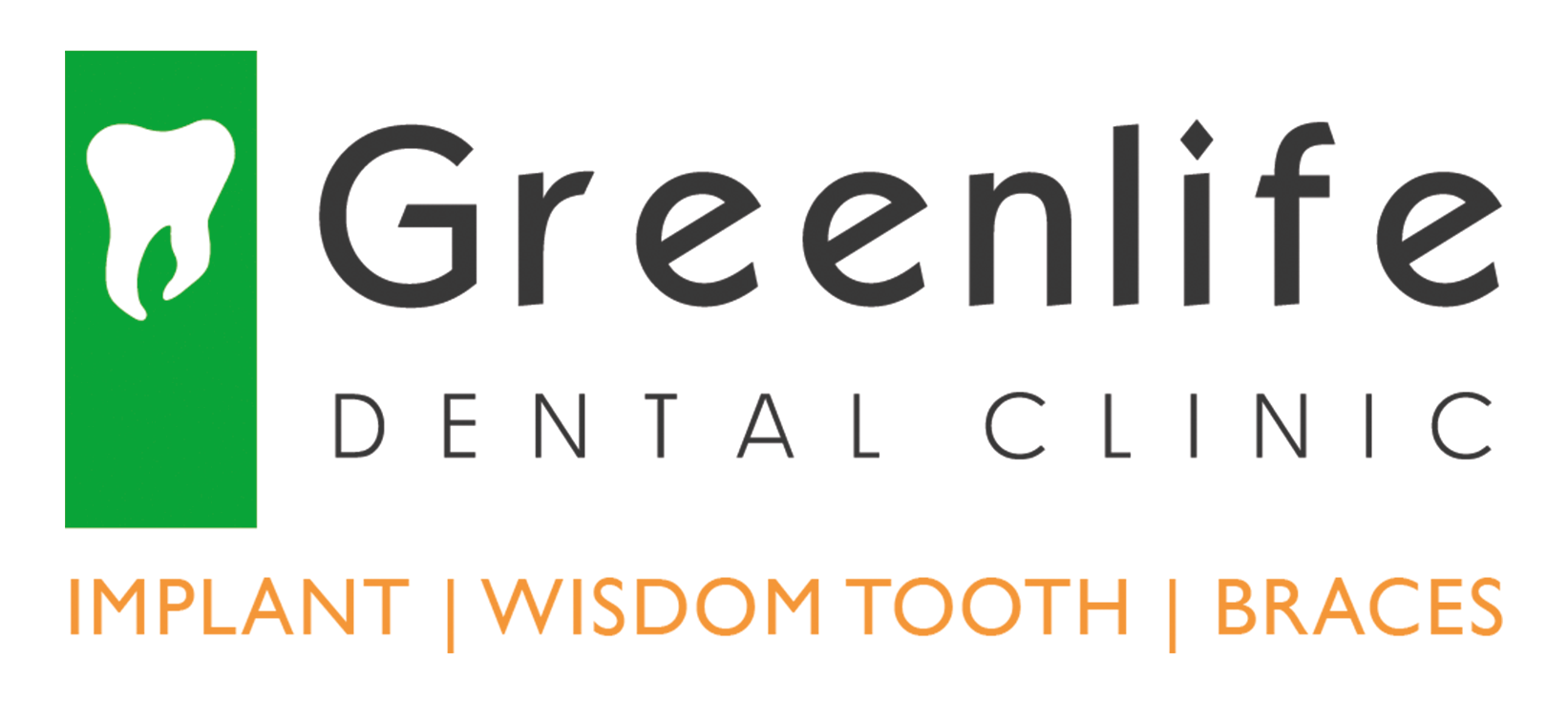What Is Scaling & Polishing?
Scaling and polishing (aka teeth cleaning) is a procedure that removes dental plaque, tartar and extrinsic stains that are present on the outer surface of the teeth.
Why Should You Do Scaling & Polishing?
The treatment usually takes approximately 30 minutes.
If you have more tartar buildup and/or stains, the treatment might take up to 1 hour.
Types Of Scaling & Polishing
There are two types of scaling instruments and our dentists may use both:
Scaling with hand-held instruments. Our dentist will use a dental scaler and curette to manually remove (scale) the plaque from the teeth. Because our dentist can’t see the plaque, he/she rely on touch to identify areas of tartar buildup and rough spots.
Scaling with ultrasonic instruments. Ultrasonic scaling instruments clean plaque from the teeth with a vibrating metal tip that chips off the tartar and a water spray to wash it away and keep the tip cool.
For polishing, there are basically 2 types.
Polishing paste – This is usually used with a tiny ‘cup’ for our dentist to remove regular stains on your teeth.
Air powder polishing – Our dentist will use the Prophy-jet which delivers an air-powder slurry of warm water and sodium bicarbonate for polishing. This method is usually used when you have more stubborn stains on your teeth.
How Often Should I Do Scaling & Polishing?
If you have good oral hygiene habits and a healthy mouth, our dentists suggest professional teeth cleaning at least twice a year. For some cases, our dentists might recommend you to perform teeth cleaning more often.
Is Scaling & Polishing Painful?
You might experience certain level of discomfort if you have not received this treatment for extended period of time.
FAQs
Why do my gums bleed after scaling & polishing?
This is normal if you have inflamed gums prior to your visit to our clinic. You may also experience general soreness and sensitive teeth.
Does scaling & polishing loosen/damage my teeth?
Scaling is a procedure in which dentists remove dental plaque and tartar that accumulates along the gum line and between the teeth. After most of the plaque is removed with a scaler, dentists use high-powered electric brushes to remove any leftover plaque.
Although we feel like teeth get loosened with the process, in reality this method of plaque removal protects against dental decay and tooth loss, which normally results from plaque buildup and tartar formation.
Any looseness that you feel after dental cleaning is not caused by dental cleaning, but is indicative of the damage already done by dental plaque. In fact, dental cleaning will stop further damage and your teeth will eventually start to feel firmer.
Why do I need to do scaling & polishing when I brush and floss my teeth diligently?
An individual cannot see the plaque present underneath the gums. The existing plaque acts as magnets for tartar build-up. So get the plaque diagnosed and also treated. Do not attempt cleaning the tartar on your own, as you may damage the tooth structure. It needs our professional care.
Can I eat/drink immediately after scaling & polishing?
Yes, you can eat and drink normally after the treatment.
Can I do scaling or polishing alone without the other?
Yes, you may. Although scaling & polishing are usually done together as a package.

